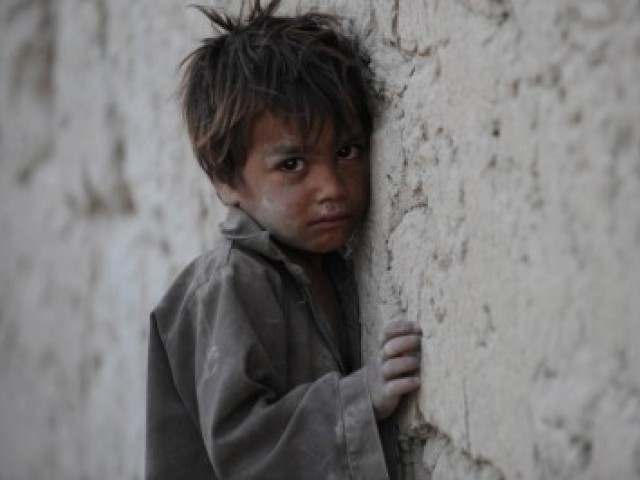March 27, 2014
 According to a report carried out by IIT-Gandhinagar, there is no way India’s economic evolution can bring relief to its millions of malnourished children. Conducted across 36 countries, the reputed IIT institution in Gandhinagar took part in a global health study to evaluate the relation between economic growth and malnourishment.
According to a report carried out by IIT-Gandhinagar, there is no way India’s economic evolution can bring relief to its millions of malnourished children. Conducted across 36 countries, the reputed IIT institution in Gandhinagar took part in a global health study to evaluate the relation between economic growth and malnourishment.
Published in The Lancet Global Health Journal, the study reveals that any country’s economic growth has no relationship with the level of declining malnourishment among its people. This also makes clear that all countries suffering from malnourishment must rather invest in direct interventions programs more than misconceptions like these.
“Worldwide, malnutrition contributes to 2.6 million child deaths each year, or more than one in three of all child deaths. In 2011, an estimated 165 million children in developing countries were affected by stunting and 101 million children were underweight,” the Lancet press reads.
“Our findings suggest that the contribution of economic growth to the reduction of undernutrition in children in developing countries is very small, if it exists at all. The importance of a ‘support-led’ strategy focusing directly on nutrition-related interventions, as well as interventions that improve the overall living circumstances that would reduce infection (for example, improving basic public health infrastructure such as water, sanitation) is of prime importance as opposed to relying solely on a ‘growth-mediated’ strategy,” Professor S.V. Subramanian was quoted as saying in the press release by the Lancet.
This post was published by Rakesh Singh, The product head at askIITians and an IIT- Delhi and IIM-Kozhikode alumni.
To help us bring you breaking news and Informative Articles please subscribe to our blog!